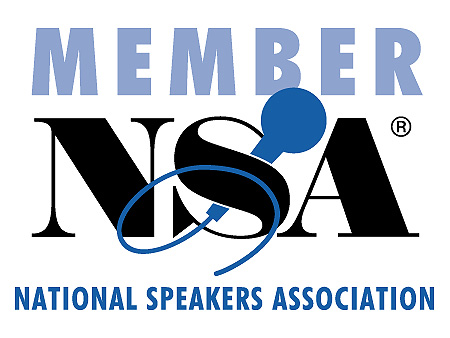 Send to Kindle
Send to Kindle“Know thyself.” This short quotation is credited to the Greek philosopher Plato who was writing the words of Socrates in “Charmides.” He was actually referring to an inscription at the ancient city of Delphi. This often cited quote presents what are probably the two most important words of guidance for a leader. A leader who knows him or herself will always enjoy more success than one who doesn’t.
Leaders have a lot to know, but let’s narrow the focus some. While leaders may not be able to know everything about the job or the organization, they certainly should be pretty familiar with themselves. There are several areas of self-awareness that are essential and leaders should be able to answer these questions.
1. What are my values? What do I really believe in and what line will I not cross?
2. What is really important to me?
3. How do I relate to other people?
4. How easily do I learn new things? What method best helps me learn?
5. How do I handle and relieve stress.
These five questions may not all seem important in a leadership context, but I assure you they are. The first two explore core beliefs. The thought that a person has no values is, I believe, demonstrably false. Everyone has inner beliefs that drive them. Those beliefs may not be acceptable by mainstream society, but that doesn’t make it less of a personal value. Conflict comes when personal and organizational values collide. Likewise, a leader should know what is important to them, as attempting to ignore his or her own values can cause internal conflict, impeding effective leadership.
The third question is vital. I’ve known several leaders who either didn’t know, or didn’t care how they related to other people. I’m not advocating a personality change, though that might be helpful, (if very difficult) but that a leader must know how they impact other people. If a leader tends to be abrasive, and knows that, he can compensate. For example, I tend to be a little reserved when I first meet people. Sometimes that can lead subordinates to see me as almost haughty, though I certainly don’t mean to be. I was completely unaware of this for some time until it was pointed out to me. I now try a more friendly approach and have had some success.
Leaders really need to know how they learn; they do a lot of it. Knowing what works allows more efficient intake of information. I ask subordinates to present information in bullet format with lots of pictures when possible. I have found this allows me to absorb the information more quickly and saves them time with long explanations and elaborate slide shows.
Finally, everyone experiences stress. It’s critical to know how you handle and relieve stress. A leader who isn’t conscious of this may find they are relieving their own stress by pushing it down to subordinates, which just creates more stress for everyone.
You probably know a leader who did not have a high level of self awareness. That person was probably not your favorite boss. So, be better than that — know thyself.



